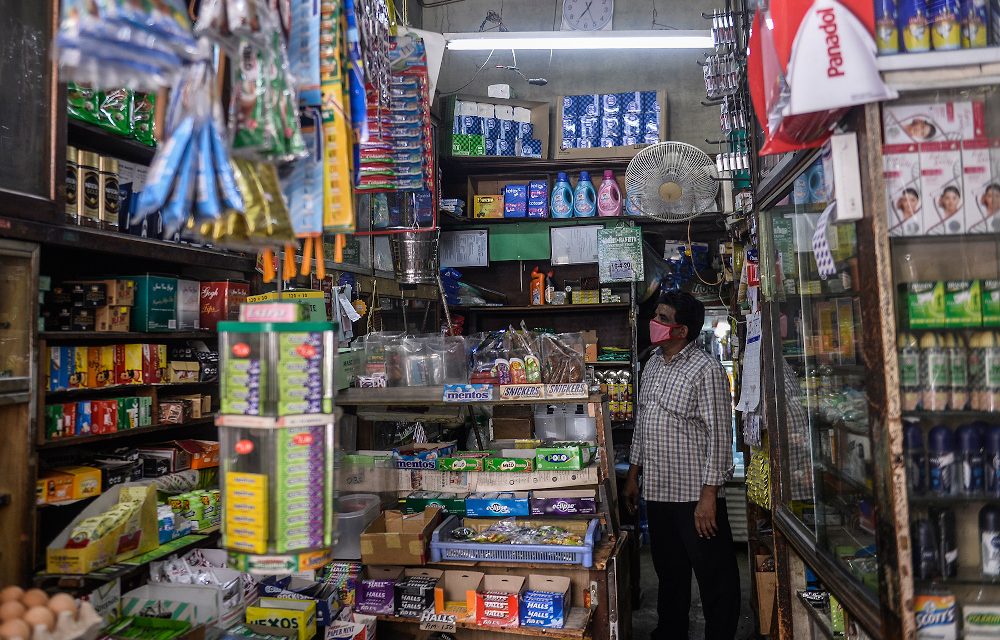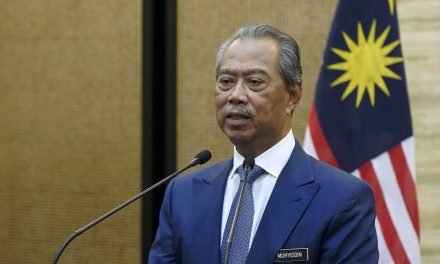World Bank: Malaysian SMEs have less cash flow to withstand Covid-19 crisis compared to peers in Indonesia, Vietnam
Malaysian firms beset by cycles of movement curbs are less equipped to withstand shocks compared to their regional peers, with less cash in hand to face a crisis like Covid-19, the World Bank said in its latest Economic Monitor report. A median Malaysian company only has two months of cash flow left, while the average firm has about 4.9 months worth, which is lower than its counterparts in countries like Indonesia and Vietnam, the institution said. Malaysian companies, especially smaller and micro enterprises, now face pressing liquidity constraints as mobility restrictions hit both production and demand. Over half of those surveyed also said they are either far behind in debt repayments or face risk of falling into arrears. “In addition, 60% of firms are either in arrears or at risk of falling into arrears within the next six months,” the report said. SMEs contribute to around half of all employment in the manufacturing sector but only account for 31% of output, underscoring weak productivity. The productivity gap could be further widened by Covid-19’s impact on tourism and retail sectors. (Malay Mail)
Malaysia committed in strengthening sustainability related financing in Budget 2022
The government remains committed to ensure adequate financing for programmes and projects related to the Sustainable Development Goals (SDGs) by strengthening and widening sustainability related financing in the upcoming Budget 2022, said Finance Minister Datuk Seri Tengku Zafrul Abdul Aziz. He said the government views the importance of a whole nation approach in terms of developing short to long term key policies for sustainable development. “This includes the impact of climate change on financial stability and economy, as well as addressing social-related issues like poverty. The government is looking further at driving sustainability efforts especially in introducing policies as well as both tax and non-tax incentives for the green economy to push for more renewable energy investment,” he said. “Ultimately, the main objectives for such initiatives include the creation of a vibrant green economy, new vision of ecotourism and green transport systems, as well as generating supply chains of green products in Malaysia,” he added. (Malay Mail)
At least 120 hotels in Malaysia have shut due to Covid-19 impact, says association
After more than a year of the Covid-19 pandemic, it was reported that Malaysia’s hard-hit hospitality industry has seen at least 120 hotels ceasing operations either temporarily or permanently. Chief executive officer of the Malaysian Association of Hotels (MAH), Yap Lip Seng revealed that following the closure of 100 hotels last year, 20 more have suffered the same fate this year due to heavy monetary losses. He said in total, the hospitality industry has now lost over RM11.3 billion. “We found that about 100 hotels have closed since last year, and this year, 20 more hotels have followed suit. These involve both temporary and permanent closures,” Yap was quoted as saying. Yap also said that the losses accumulated by the hospitality industry are expected to be worse than last year, due to the intrastate and interstate travel ban under the movement control order (MCO) that has been enforced for more than half a year. He added that since March 2020, the tourism and hospitality industries have lost more than 80% of their income, even though domestic tourism was allowed between June and September last year. According to Yap, the survival of 3.6 million people involved in the embattled tourism and hospitality industry was now at stake. (Malay Mail)
Malaysia calls for global vaccine equity
Malaysia calls for the World Bank to be a strong voice for developing countries for global vaccine equity. Science, Technology and Innovation Minister Khairy Jamaluddin said the hoarding of vaccines by industrialised countries was immoral and “had fallen short of respectable and responsible global leadership”. Khairy also highlighted the need for renewed solidarity and urgency to narrow vaccine equity gaps that were leaving low- and middle-income countries behind. “We call for vaccine equity now and in the future. That is the only way we are going to emerge from this pandemic and future pandemic,” said the National Covid-19 Immunisation Programme coordinating minister. He also said the government aimed to get 60% of the population vaccinated by end-September while continuing to support firms and preserve jobs for the people through various relief packages. (NST Online)
China’s Risen Energy picks Malaysia for first Southeast Asian mega plant, to invest RM42.2bil
Chinese solar energy firm Risen Energy Co Ltd will invest RM42.2 billion over 15 years in a new production facility in Malaysia to manufacture high-efficiency photovoltaic modules. The new facility in Kulim Hi-Tech Park, Kedah would be Risen Energy’s first investment in Southeast Asia, International Trade and Industry Minister Datuk Seri Mohamed Azmin Ali said. It was expected to be completed by the year-end and begin commercial activities by the first quarter of 2022. The new facility would contribute an annual production capacity of three gigawatt (3GW) of high efficiency photovoltaic modules for the first five years to meet growing global demand, he said. Risen Energy was founded in 1986 and is one of the pioneering solar companies in the world, with a revenue of around US$2 billion (about RM8.32 billion) in 2020. Malaysia is already home to production bases owned by some of the world’s largest PV producers such as JinkoSolar, Longi Solar, Hanwha Q Cell and First Solar. (NST Online)





